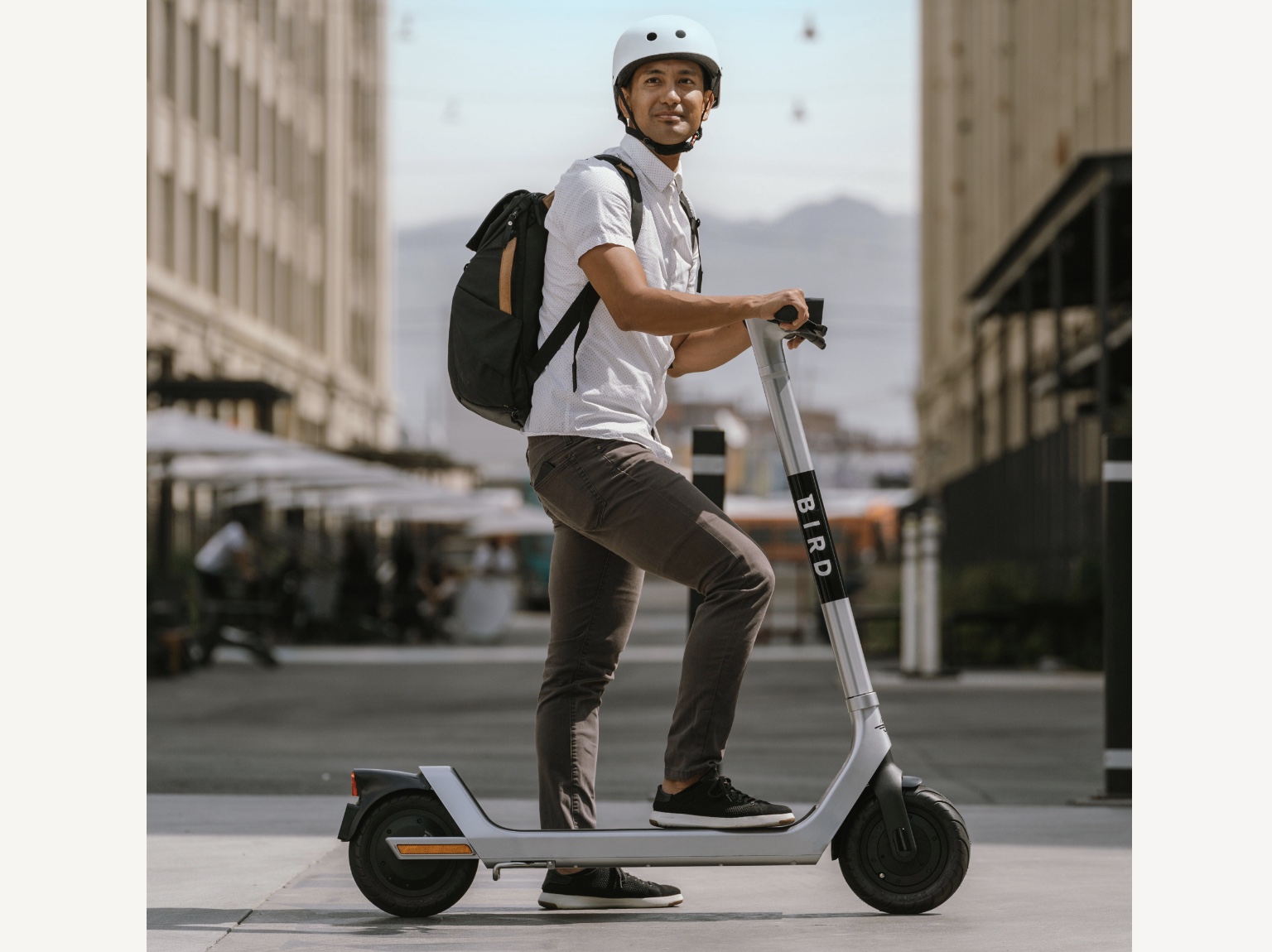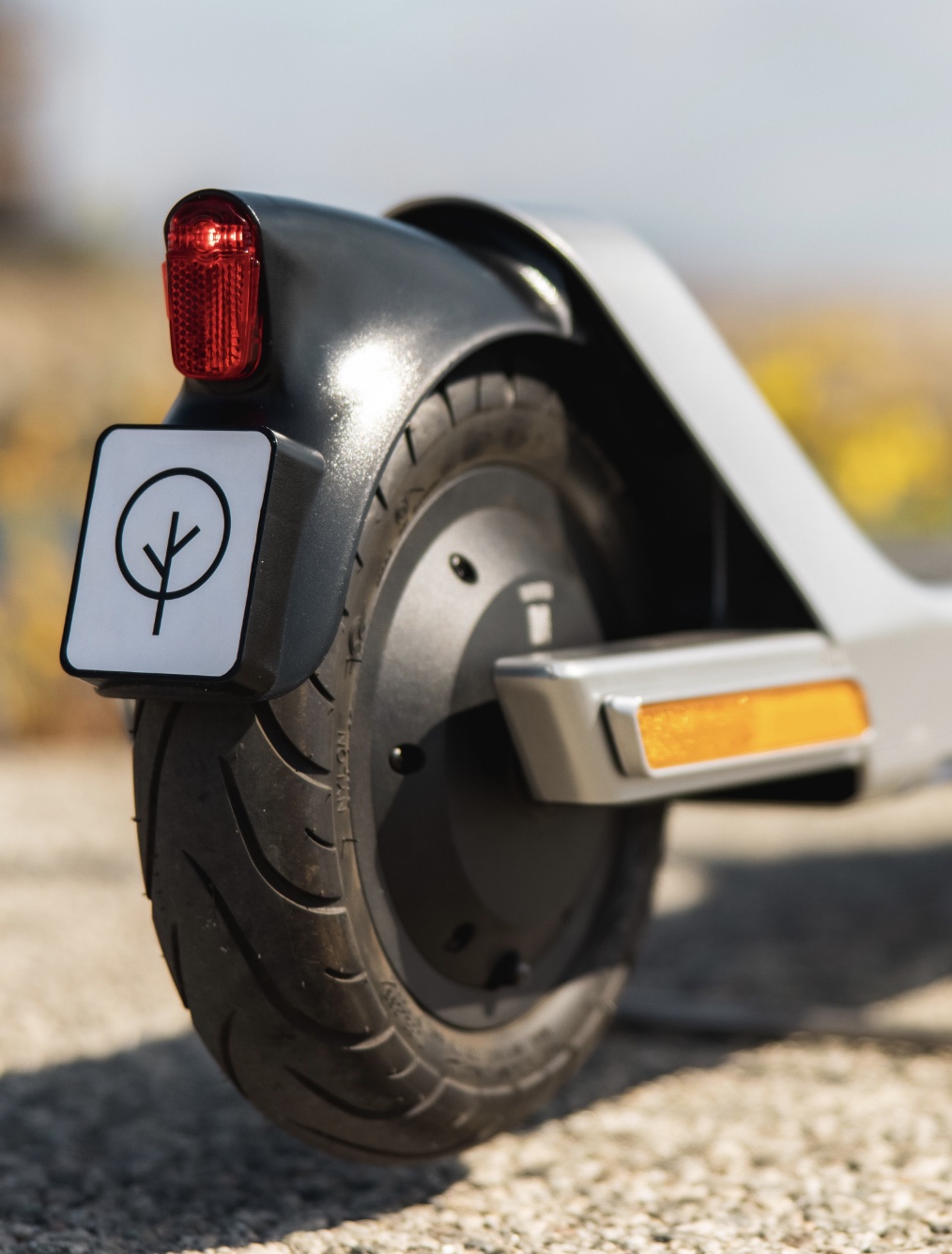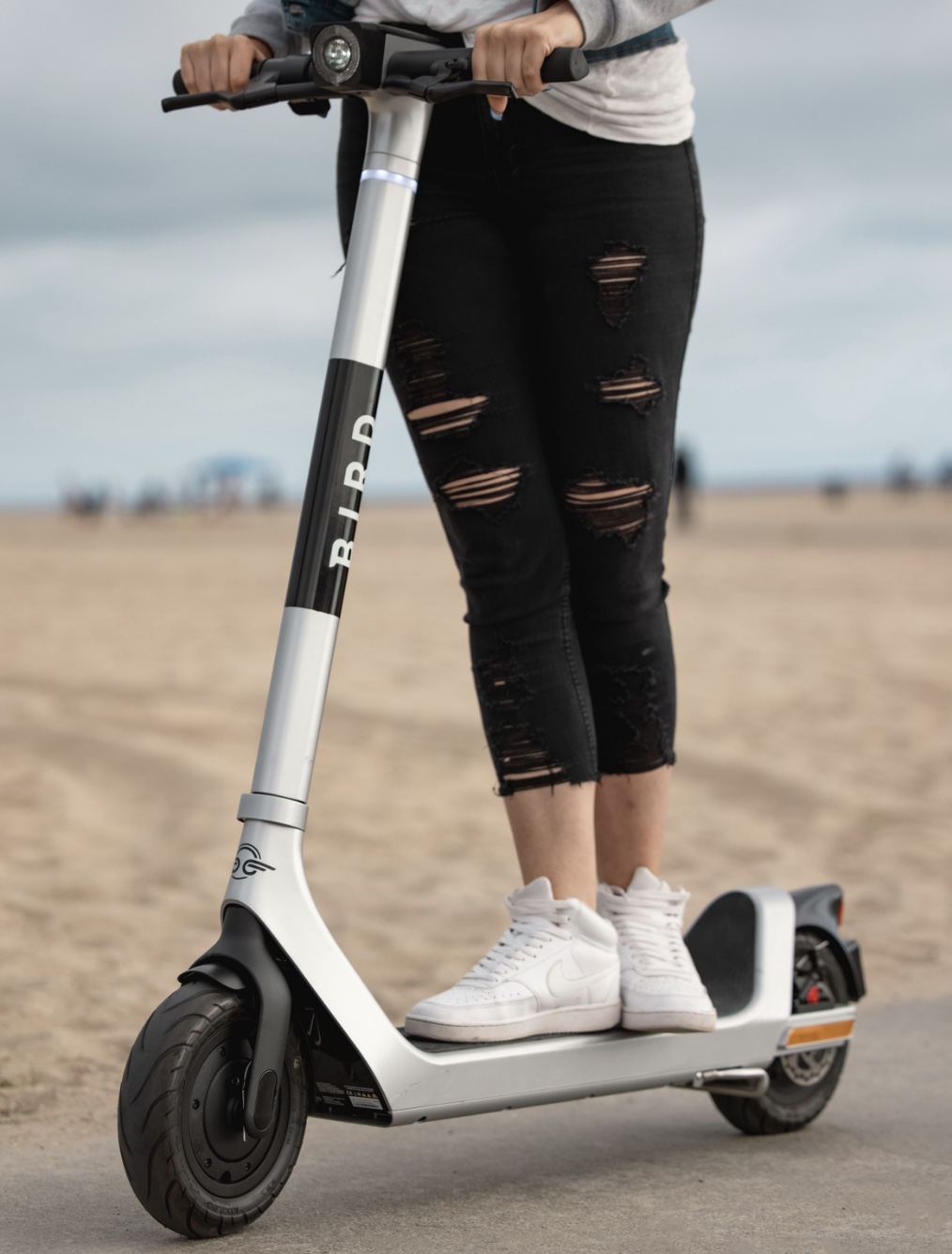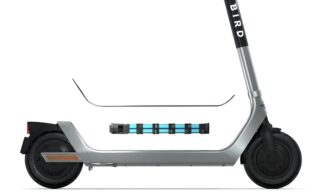


Bird has upgraded their fleet of electric-scooters in Portland to their new “Bird Three” model and they’re so sure you’ll love them they’re hosting a demo Thursday morning.
What’s the big deal about Bird’s newest scooter? They say it has a more eco-friendly battery and high tech features that will improve safety and keep them from blocking sidewalks. From what I’ve seen of the new models, the design is much more stout and definitely looks like it holds up to abuse and weather better than previous versions.
Bird is one of four e-scooter companies currently operating in Portland. Combined with Lime, Spin, and Bolt, they account for nearly 1,800 trips per day according to PBOT’s Micromobility Open Data Portal. Under their current permit Bird can have up to 525 scooters on Portland streets.
In a press release this morning, Bird said the battery in their latest model has a larger capacity (up to 1 kWh) which allows it to travel, “more miles on a fully charged battery than any other shared scooter available today.” The battery and other components are also built to last longer and are backward-compatible with previous models. It adds up to what Bird says is, “the world’s most eco-conscious scooter.”
Advertisement

Here’s more from Bird:
“Protected and powered by Bird’s innovative battery management system (BMS), the Bird Three features all of the functionality of a BMS found in full-size electric cars including cell monitoring, reporting, rebalancing and anomaly detection. The Bird Three can also deliver riders and road users with unique features such as autonomous braking capabilities seen in automobiles as well as the recently announced parking technology, Bird Visual Parking System (VPS) powered by Google – which Bird plans to bring to Portland.”
Bird’s VPS technology isn’t in Portland yet, but it’s key to the scooter industry’s efforts to tackle one of the most persistent problems they face on the road to acceptance: The PR and accessibility nightmare of scooters that clutter the public right-of-way. Bird’s answer is to have users scan their surroundings after they park. The VPS system then instantly works with Google Street View to determine if the scooter is in a proper parking spot. They’re betting on this instead of investing in pricey docking infrastructure.
Lyft, the company that operates Portland’s Biketown bike share system, also has scooters (although not in Portland yet) and they just launched a parking solution that relies on docks similar to what bikes use.
If you’re scooter-curious and want to try Bird’s latest, roll over to Terry Schrunk Plaza Thursday morning at 10:00 am.

